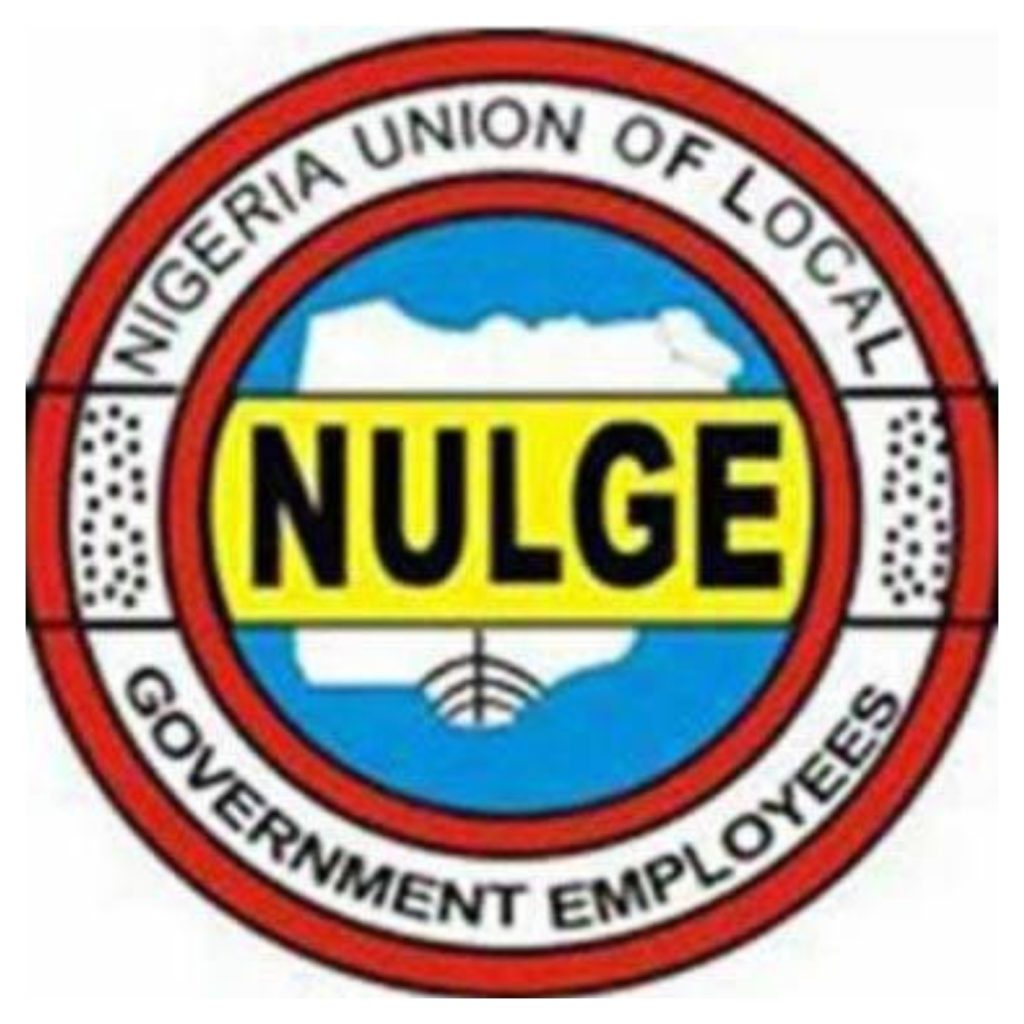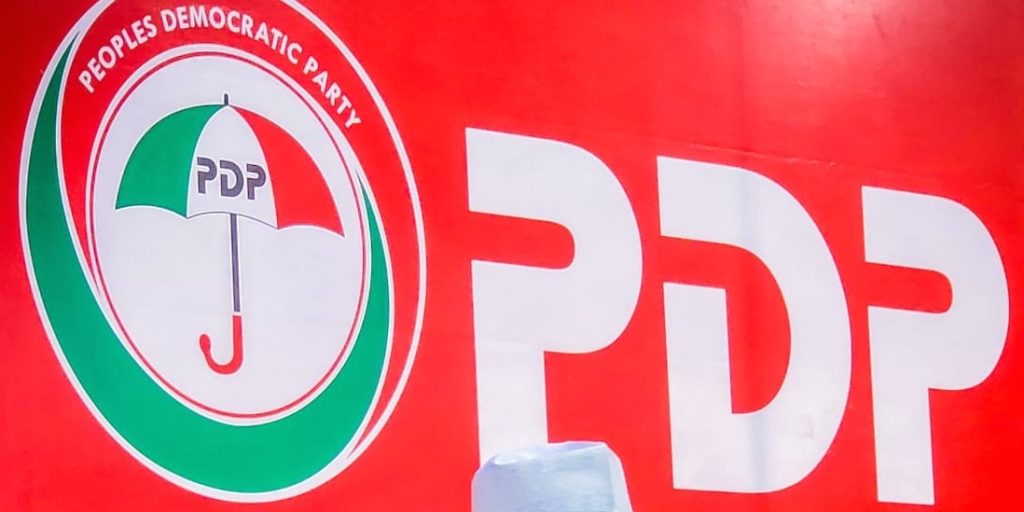A prominent Nigerian opposition figure has emphasized that defeating President Bola Ahmed Tinubu in the 2027 general elections will require a unified coalition of political parties rather than individual alliances, drawing lessons from past successes and failures. Ibrahim Shekarau, a former governor of Kano State and senior member of the Peoples Democratic Party (PDP), urged rival groups to prioritize institutional collaboration over personal ambitions to challenge the ruling All Progressives Congress (APC).
Shekarau’s comments came amid speculation about opposition figures aligning under the African Democratic Congress (ADC) to counter the APC. While acknowledging the possibility of unseating Tinubu, he stressed that sustainable coalitions must involve formal party structures, not loose groupings of personalities. “A coalition of individuals, rather than parties, cannot succeed,” he clarified during a media briefing, addressing what he called misinterpretations of his earlier stance.
Reflecting on Nigeria’s political history, Shekarau highlighted a failed 2011 attempt to oust then-President Goodluck Jonathan. As the presidential candidate of the All Nigeria Peoples Party (ANPP) at the time, he participated in talks with the Action Congress of Nigeria (ACN) and Congress for Progressive Change (CPC), which included meetings at Tinubu’s Abuja residence and discussions with late former President Muhammadu Buhari and ex-EFCC chair Nuhu Ribadu. Despite initial enthusiasm, the effort collapsed, forcing the parties to contest separately.
The stalemate, he argued, offered critical insights. When the same parties revisited the idea in 2015, they adopted a more structured approach: each formed a 21-member negotiation committee chaired by senior figures, including Shekarau for the ANPP, Tom Ikimi for the ACN, and Garba Gadi for the CPC. This strategy, focused on institutional representation rather than individual aspirations, led to a successful merger that reshaped Nigeria’s political landscape.
Shekarau’s analysis underscores a broader debate about opposition unity ahead of 2027. While some advocate for new alliances under parties like the ADC, his remarks stress the importance of leveraging established platforms with grassroots networks and elected representatives. The dynamics mirror challenges faced by opposition movements globally, where balancing individual ambitions and collective strategy often determines electoral viability.
With Tinubu’s administration facing scrutiny over economic reforms and security concerns, Shekarau’s call for party-driven collaboration highlights Nigeria’s complex path to political change—one where historical precedents and institutional credibility may prove pivotal.



